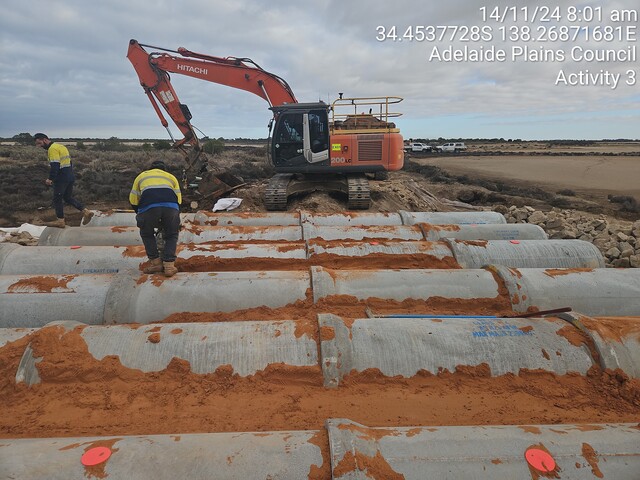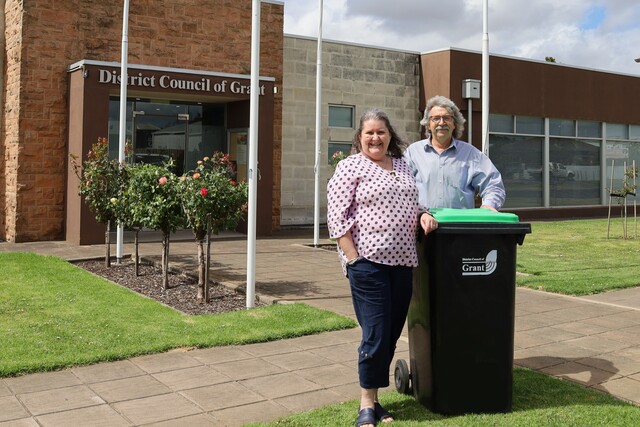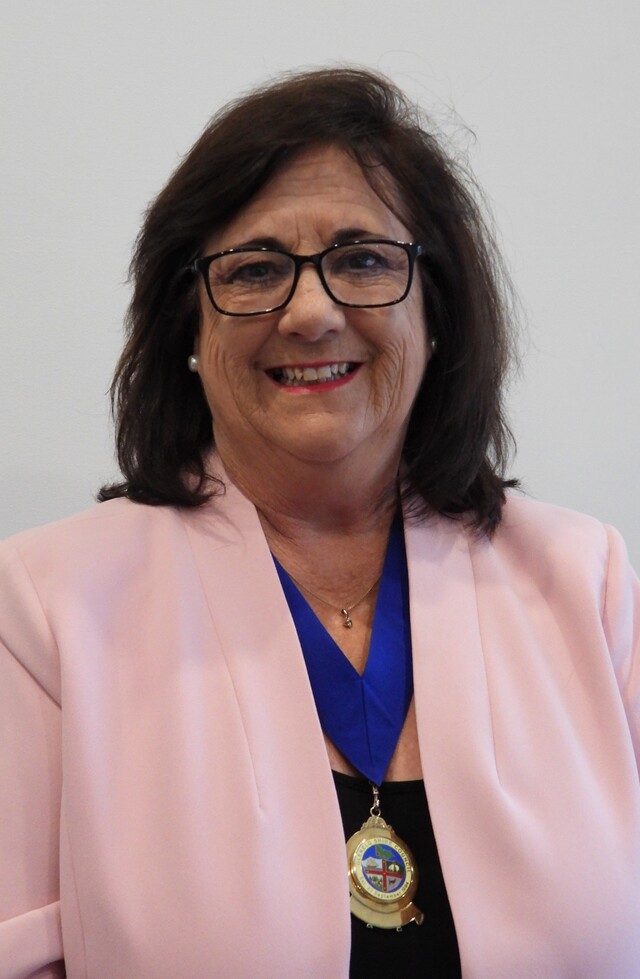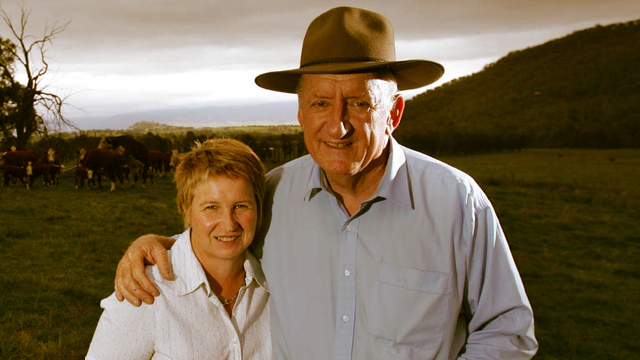With the theme of the 106th Local Government Association of Queensland (LGAQ) Annual Conference being ‘Local Government On Line’, the keynote speaker was Andrea Di Maio, an international expert on public sector issues, e-government strategies and regulatory aspects of e-business. He said that Councils must address the needs and peculiarities of constituents when developing e-government services, and it is important to base strategies on retaining core functions and developing value adding interactions.
LGAQ president, Councillor Noel Playford, said online service provision has become a priority for Local Government. Within the next 12 months, around 100 Queensland Councils will be involved in developing e-government services to enable ratepayers to pay rates online, submit building applications, and register complaints.
In his President’s address, Councillor Playford said that Queensland Councils and their ratepayers are expected to benefit from LGAQ’s determination to make things happen, particularly in regard to Federal Assistance Grants (FAGs), cost shifting to Local Government and Natural Resource Management.
“The Association has said, since its 1999 annual conference, that whatever grant system is in place, it must exhibit predictability, consistency and transparency,” he said. “Whichever way the grants swung, no Council should lose more than five per cent in one year or 15 per cent over three years.”
He said that the Federal Government’s Cost Shifting Inquiry represented an opportunity to redress inequities and inefficiencies in the current model of tasking and funding Local Government. “Potentially the stakes in this exercise are enormous, with Minister Tuckey linking the future of FAGs and constitutional recognition for Local Government to the Cost Shifting Inquiry,” he warned.
Councillor Playford said that sorting out the Natural Resources Management arrangement is another high priority.
“At this point, despite our legislative mandate and the fact that Local Government, as a sphere of government, spends more money than the State Government on NRM, we are being treated as poor cousins in the National Action Plan on Salinity and Water Quality,” Councillor Playford said.
For NRM to work properly at local, state and national level, he said that there has to be a true partnership between the three levels of government.
He said that LGAQ had won major concessions during the year on a number of other issues. “We successfully challenged in the High Court the State Government’s legislation requiring Councillors to first resign before standing for Federal Parliament,” Councillor Playford said.
The LGAQ’s work on amending the State statute on public liability was a major win, with most of the proposals being taken up by the State Government. The expansion and extension to the Federal Government’s Blackspots Program was a significant success for the LGAQ.
This year, FAGs have been distributed to Queensland Councils only up until the New Year, when the next six monthly allocation will be announced. LGAQ is strongly opposed to this arrangement. “Councils have been forced to set their budgets without knowing what financial assistance grants will come their way during the year,” Councillor Playford said. “This is ludicrous and means they could have a huge black hole appear in their funds, resulting in the need to slash projects. For the FAG distribution for the next six months, Councils should only have to accept adjustments made on the basis of inflation and population change, nothing else.”
In her address to the Conference, State Minister for Local Government and Planning, Nita Cunningham, said that a new methodology for distributing FAGs will be delivered in time for the implementation of the 2003/04 budgets. An agreement on the distribution of FAGs had to be reached, the Minister said, but she would not agree to one that adversely affected Queensland Councils.
“All I want is a fairer and more transparent system where Councils will know, in advance of budget setting, what they’ll get,” she said.
Federal Minister for Regional Services, Territories and Local Government, Wilson Tuckey, said the State Government had been given eight years to fix the problem of how Commonwealth FAGs were allocated to Local Government through the States.
“I am insisting that the new methodology is consistent with the national principles and I call upon the Queensland Government to ensure that the new methodology is transparent,” Minister Tuckey said.
Since the Conference, Minister Cunningham has announced that agreement has been reached with the Federal Minister that the new methodology for Queensland Councils will commence on 1 July 2003.







